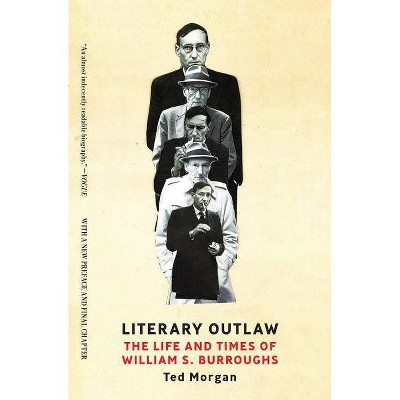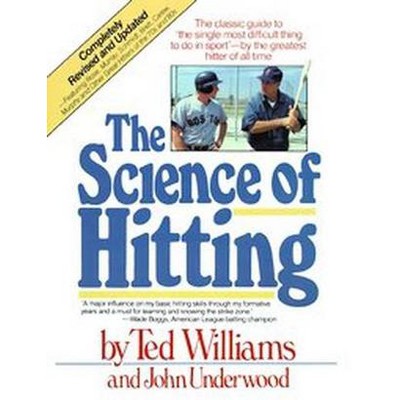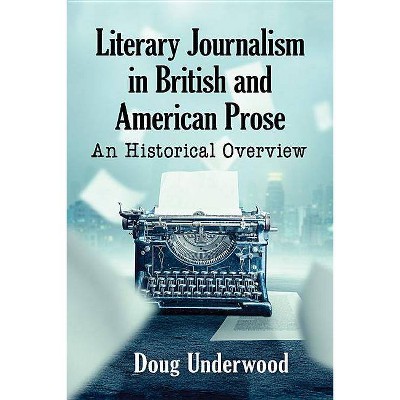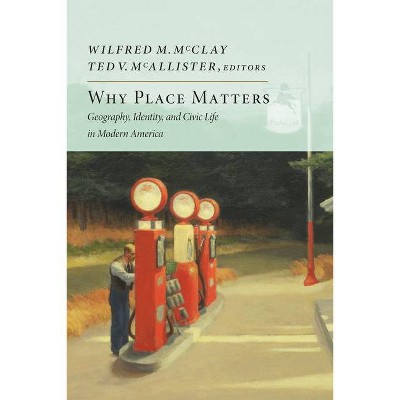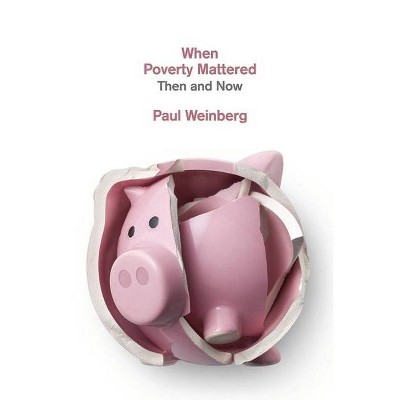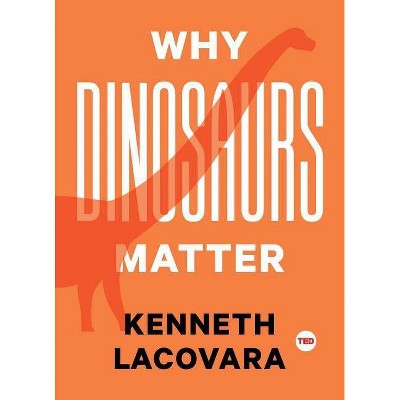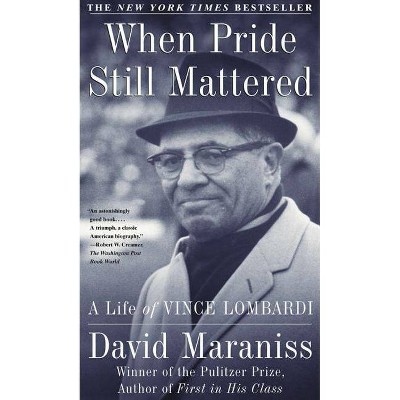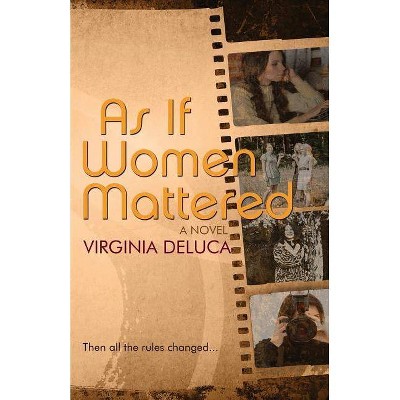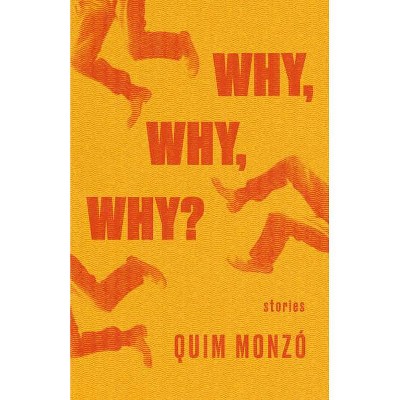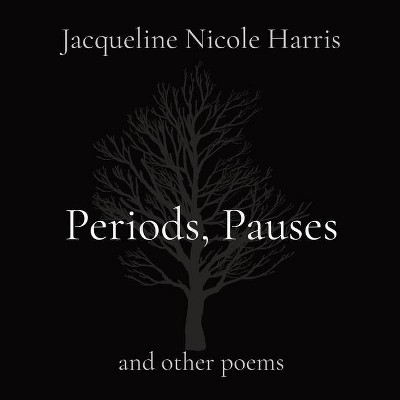Why Literary Periods Mattered - by Ted Underwood (Paperback)
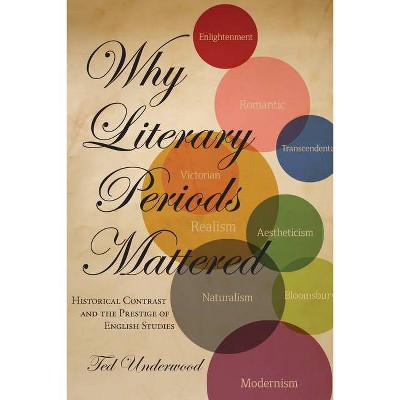
Similar Products
Products of same category from the store
AllProduct info
<p/><br></br><p><b> About the Book </b></p></br></br>This book explains how period survey courses became central to literary study in the nineteenth century, why they remained central in the twentieth, and why, in the digital age, they may now be giving ground to alternate models of literary history.<p/><br></br><p><b> Book Synopsis </b></p></br></br>This book explains how period survey courses became central to literary study in the nineteenth century, why they remained central in the twentieth, and why, in the digital age, they may now be giving ground to alternate models of literary history.<p/><br></br><p><b> Review Quotes </b></p></br></br><br><i>Why Literary Periods Mattered</i> is the best work on the discipline of English literary study that I've read since Gerald Graff's <i>Professing Literature</i>. Underwood offers fresh historical insight into the way English departments are now organized and invites us to imagine the ways in which they, and the research and scholarship they support, might be organized differently, in part through the qualitative possibilities of digital humanities and the 'gradualist' models of literary history they make possible.--Adam Potkay "The College of William and Mary"<br><br>[R]equired reading for anyone who loves literature . . . <i>Why Literary Periods Mattered</i> is an outstanding study and one that was needed. All academic libraries should own a copy and anyone interested in such topics as intellectual history, graduate students in literature, and those interested in specific figures as Sir Walter Scott and the lesser known figures Frederick Denison Maurice and Sydney Owenson, Lady Morgan (all of whom Underwood discusses at length and interestingly) will want to read it. Certainly, members of English Department hiring committees and heads of departments should read it.--Hope Leman "<i>Critical Margins</i>"<br><br>A scholar of 18th- and 19th-century British literature, literary concepts, and machine learning, Underwood extends his scholarship on the quantitative approach to language with an examination of the history of the discipline of literary studies . . . This is a study for those serious about the discipline . . . Recommended.--M. Cole "<i>CHOICE</i>"<br><br>Blending case studies with broader judgments about the trajectories of British and American literature, Underwood's account of the relations between models of seamless evolution and those proposing a disruptive sequence of historical periods is a timely contribution to the current discussion of what periodization does and does not do, about whether we can imagine doing without it, and about what might take its place as an organizing principle of literary and cultural studies.--David Simpson "University of California at Davis"<br><br>Perhaps the most fascinating section of this wonderfully surprising and unpredictable book is the treatment of the curricular development of the literature survey in mid-nineteenth century British universities.--Amanda Anderson "<i>Victorian Studies</i>"<br><br>Ted Underwood's <i>Why Literary Periods Mattered</i> considers the ways periodization has been an 'organizing principle' of 'Anglo-American literary culture since the early nineteenth century' (2-3), showing persuasively how the literary studies curriculum has been intertwined with intellectual models of romantic historicism . . . [I]t does expertly recover the specific ways literary curricula became consolidated in higher education, while outlining plausible reasons for an increasing skepticism toward ossified period categories.--Paul Giles "<i>American Literature</i>"<br><br>With a rising reputation in the digital humanities as well as some impressive print scholarship in Romanticism and the sciences, Underwood seems less discontented with the older ways of periodizing than he is eager to advance an aggressive new thesis wrapped in a well-mannered, often ingratiating style: the argument that the digital humanities make periodization, at long last, effectively a thing of the past.--Jon Klancher "<i>Modern Language Quarterly</i>"<br><p/><br></br><p><b> About the Author </b></p></br></br>Ted Underwood is Associate Professor of English at the University of Illinois, Urbana-Champaign. He is the author of <i>The Work of the Sun: Literature, Science, and Political Economy, 1760-1860</i> and blogs about digital approaches to literary history at The Stone and the Shell.
Price History
Price Archive shows prices from various stores, lets you see history and find the cheapest. There is no actual sale on the website. For all support, inquiry and suggestion messagescommunication@pricearchive.us
